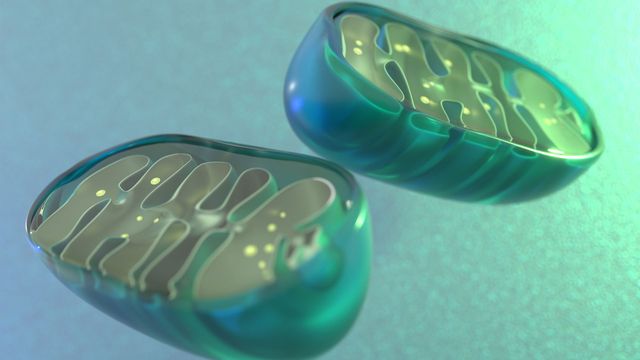Trending News
News
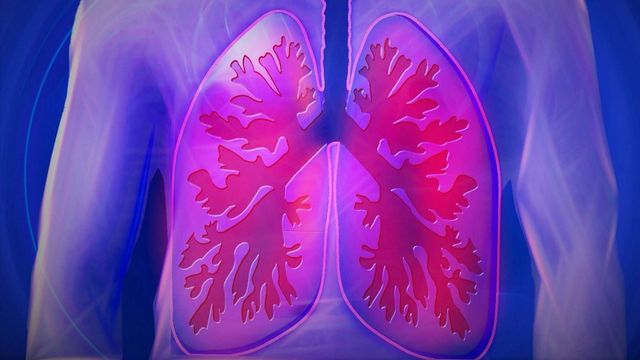
News
Groundbreaking Blood Test for Lung Cancer Developed
UK researchers have developed an infrared-based blood test that can detect a single circulating lung cancer cell. Using FT-IR microspectroscopy and computational analysis, the method identifies cancer-specific chemical fingerprints in blood samples.
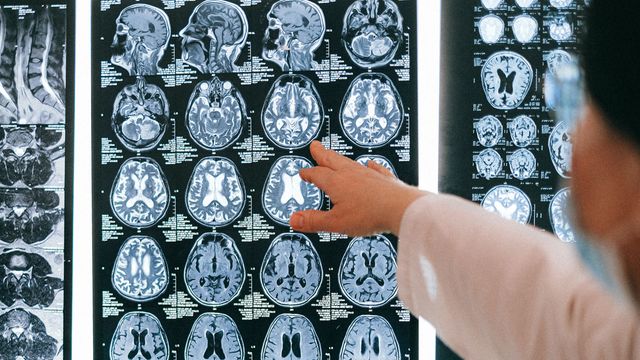
News
Over 40% of Functional MRI Signals Don't Correspond to Brain Activity
A new study fundamentally challenges how fMRI data are interpreted, finding no valid coupling between oxygen content measured by MRI and neuronal activity.

News
Dark Chocolate Compound Linked to Slower Biological Aging
Researchers found that higher blood levels of theobromine, a compound found in cocoa, were linked to slower biological aging. Using DNA-based aging markers in two European cohorts, the study showed the association was independent of caffeine.

News
FC Barcelona Study Finds Menstrual-Phase Injuries Heal More Slowly
A study of elite footballers shows injuries sustained during menstruation are not more frequent, but do result in significantly longer recovery times. The findings suggest hormonal and physiological changes during bleeding may worsen injury severity.
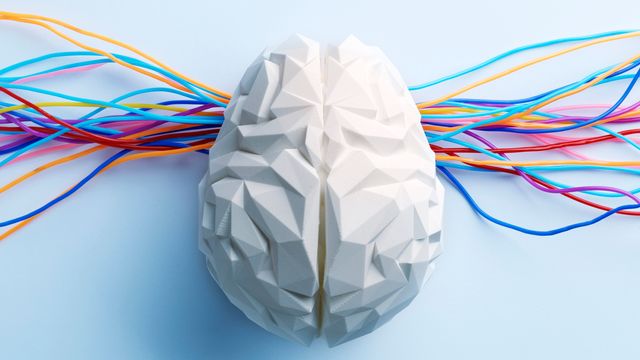
News
Epigenetic Biomarker Tracks Recovery After Pediatric Traumatic Brain Injury
University of Pittsburgh researchers identified changes in BDNF DNA methylation as a dynamic biomarker of complicated pediatric traumatic brain injury. Blood samples showed reduced methylation during early recovery that normalized by one year.
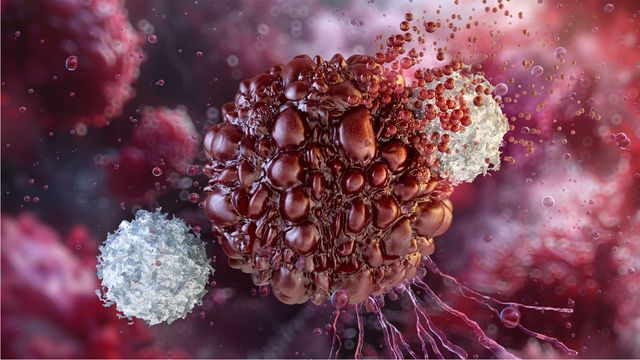
News
"Multifunctional" Immunotherapy Approach Could Work for Many Cancer Types
Researchers have developed a new way to stimulate the immune system to attack cancer cells, in a strategy that could work for many cancers.
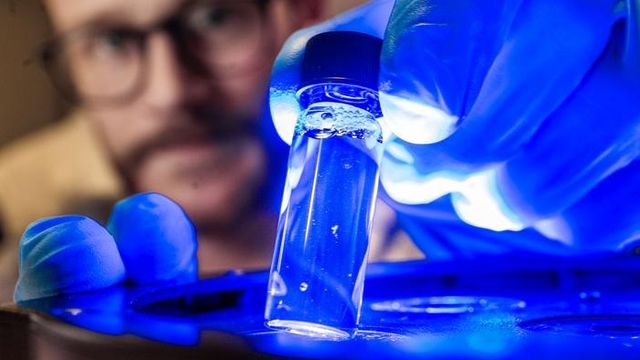
News
Researchers Develop Electrodes That Can Safely Be Patterned Directly Onto Skin
Discover how electrodes made from conductive plastics can be patterned directly onto the skin, using visible light and no hazardous chemicals.
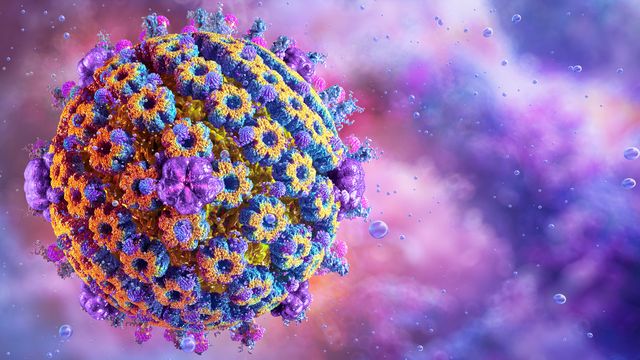
News
“Viruses Are So, So Clever” – But This Discovery Could Stop Them
UMBC scientists uncovered how enteroviruses initiate replication by assembling a conserved RNA–protein complex inside host cells. The team showed how viral and host proteins bind an RNA cloverleaf to control replication.
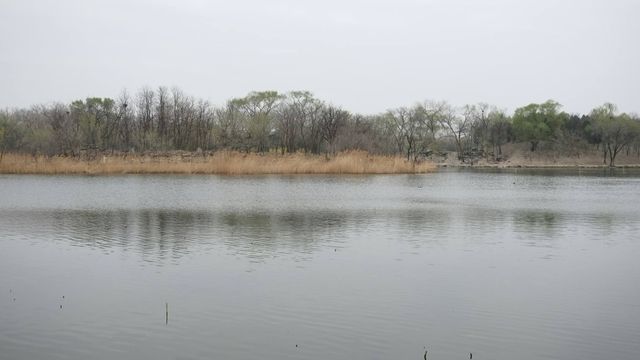
News
Contaminated Bathing Water Can Now Be Detected in 20 Minutes
A new Swedish innovation uses machine learning and laser scanning to identify contaminated water in just 20 minutes, reducing health risks and improving water safety.
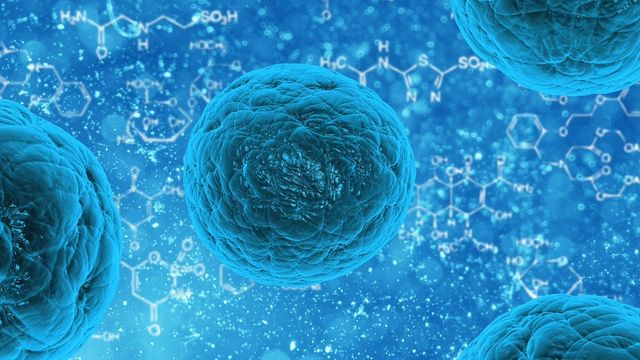
News
mRNA Therapy With Built-In Cell Selectivity
Mount Sinai researchers developed a first-in-class cell-selective modRNA translation system that turns therapeutic genes on only in target cells.
Advertisement


